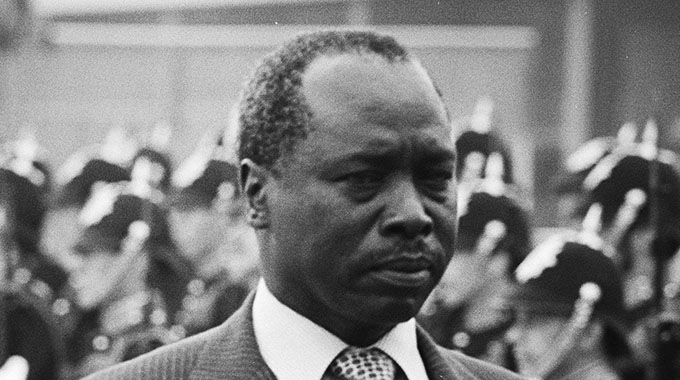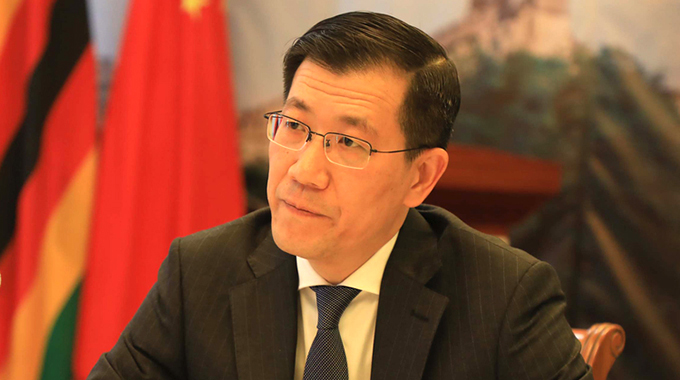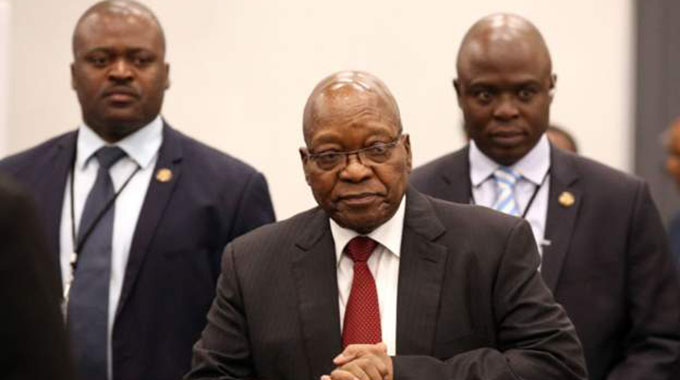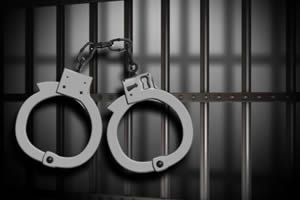Kenya’s former President Daniel arap Moi dies aged 95

FORMER Kenyan president Daniel arap Moi has died. He was 95.
President Uhuru Kenyatta announced his death, saying the nation had lost a “great man”.
Mr Moi was Kenya’s longest-serving president. He was in office for 24 years, until intense pressure forced him to step down in 2002.
His critics saw him as an authoritarian ruler who oversaw rampant corruption, but his allies credited him for maintaining stability in the country.
In 2004, Mr Moi asked for forgiveness from “those he had wronged”
He ruled over a one-party state from 1978 until 1991, when he was forced to adopt a multi-party system of government following mass protests and diplomatic pressure from Western powers.

Daniel arap Moi was sworn in as president in October 1978
He won two subsequent elections, which were marred by rigging.
Constitutionally barred from seeking a third term in office, he agreed to a peaceful transfer of power to Kenya’s third President, Mwai Kibaki, in 2002.
In office, he was feared and admired in equal measure, and was accused of human rights abuses.
He was a more populist politician than Kenya’s first President Jomo Kenyatta and his legacy was tarnished by economic stagnation and accusations of corruption.
Who was Daniel arap Moi?
Born on 2 September 1924 into a farming family, he was a close ally of Kenyatta in the run-up to Kenyan independence in 1963.
He served as home affairs minister from 1964 and in 1967 he became the country’s vice-president.
Until the introduction of multi-party politics, Mr Moi was elected unopposed as president in 1983 and 1988.
He survived a coup attempt in 1982, which led to a brutal crackdown on his opponents. He also scrapped the entire air force, whose members had taken part in the foiled coup.
He appeared to dominate almost every aspect of life, an impression aided by the state-run media.

Daniel arap Moi 1988
His critics see his rule as the lost years, a time when Kenya was bedevilled by corruption, ethnic conflicts and human rights abuses.
They say he stymied economic progress by personalising the state, using government resources to award loyalists and withholding them to punish those who did not toe the line.
For example, roads and factories were seen as gifts to be given and rewards for communities if their top politicians worked with the ruling party, Kanu. This entrenched a culture of political patronage that has become part of Kenyan politics.
But defenders of Mr Moi’s legacy point to his often-repeated line that he kept Kenya “peaceful”, while several African countries were experiencing strife. – BBC News









Comments